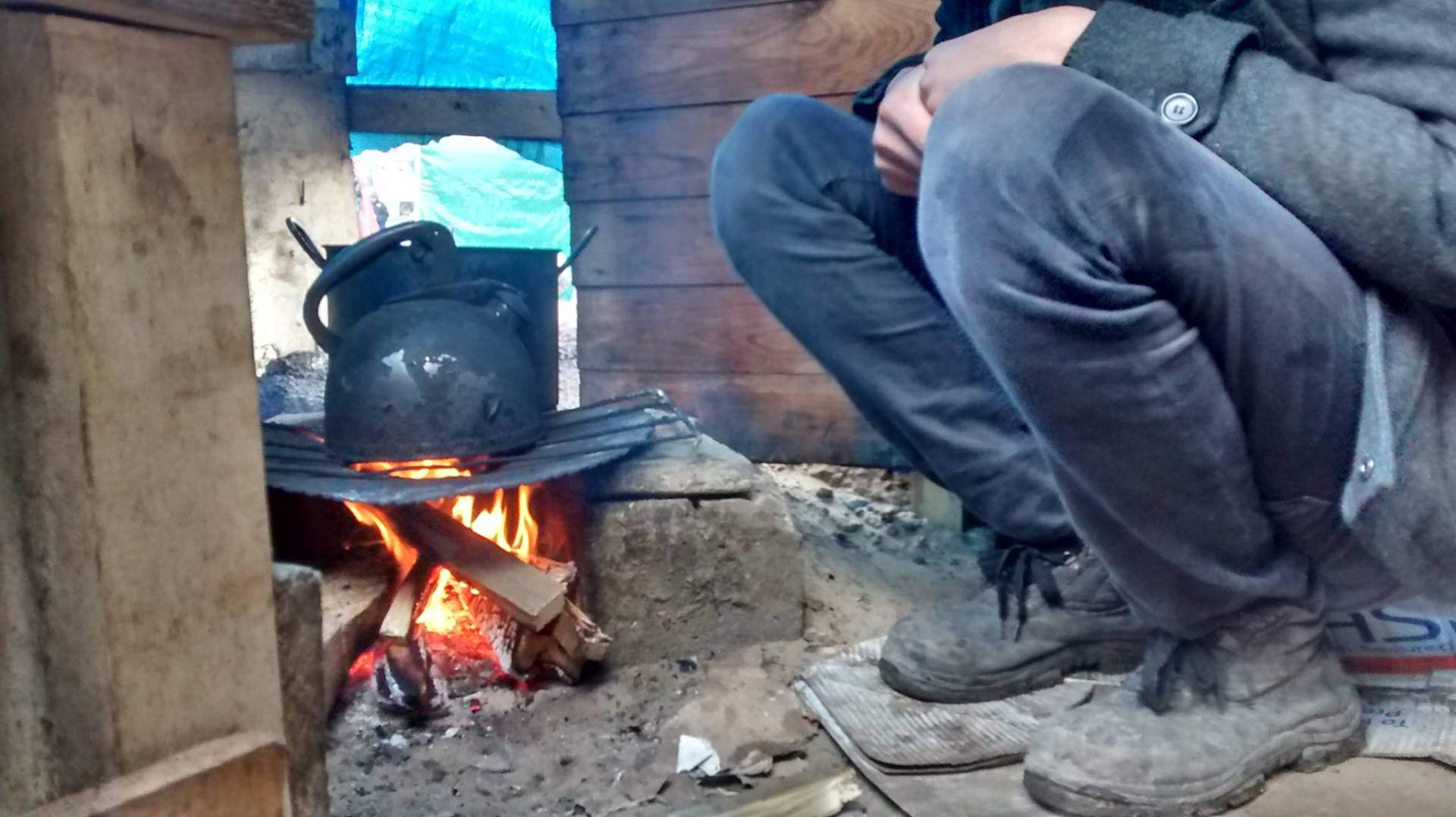The power of stories
13 October, 2016 Reading: 3:18 mins
Hugh discusses how personal and authentic stories get to the heart of your message.

‘We just came over here to help for a few days and… we felt we couldn’t leave’’
- Founders of the Calais Kitchen
This year I volunteered briefly delivering food and clothes in the refugee camps of Calais. The stories and emotions are what I will remember. Putting a human face to a large-scale issue like refugees can change perceptions – it certainly changed mine in some ways. In other ways it confirmed what I already suspected: the Jungle camp is a symptom of complex geopolitical and human problems, and there isn’t one simple answer.
One ordinary family from Sunderland was there – with their four children aged 10 to 19 – cooking and giving away hundreds of meals a day. I was in awe of their commitment. Didier* is a French border security guard who lives in Calais. He told me that, when working in his other job as a fireman, refugees pelted him with paving stones while he was putting out a fire at the camp. ‘Why would they do that?’ he asked me. I had no answer.
On returning to the UK I found myself repeating these stories over and over, and realising their immense power.
The power of word pictures
The first things I noticed about Didier were his black flak-jacket, his Taser and his pistol. But when he told me about the paving stones I forgot all that, and could almost feel the stones raining down on me. I felt his hurt and confusion.
When I got back I found myself using brief but potent stories like these as a shorthand way of illustrating the problems around the Jungle and different perspectives on them. Importantly, I didn’t (and don’t) have a solution to the problems they illustrate, but they seem to work. Why? Because they are true, they’re personal, and they provoke empathy in the listener - and the images just add to the depth of those stories.
Empathy is almost hard-wired
It’s now been shown through mirror neuron theory that most of us are hard-wired from birth to react emotionally and sometimes physically to what others say and do. It’s a powerful way we learn and adapt our behaviour.
In the UK I’m often leading, coaching or facilitating. In those situations – especially one-to-one as a leader - a short, powerful story (as well as listening skills) can help manage a crisis, for one person or your organisation; assist people through a big change, or inspire people to try something new – again because of the way we’re made, and because humans are generally good storytellers.
At times KISS is called in to assist clients with business change and reorganisation. Change management models like Bridges show that people have to find their own way from the old to the new – but a leader who talks authentically about their own feelings and where they are at with a change, and what excites them, can help people think about the change, by getting the right kind of stories circulating at the right time. People will store and repeat not just what they heard but the emotions, body-language and other signals they got. We believe that by helping you to work out and tell your story we can help to steer you and your company through change.
We also help prepare for and manage crises, beginning with a realistic assessment of your likely risk areas. From there potential high-impact crises can be predicted, planned for and the core crisis-response skills practiced. Again, the skills used in authentic, unscripted storytelling will help in a crisis, allowing you to talk through the scenario in your own way.
We have the skills to help you, including working with you to build your own story framework to help drive change and inspire.
*names have been changed to protect identities
